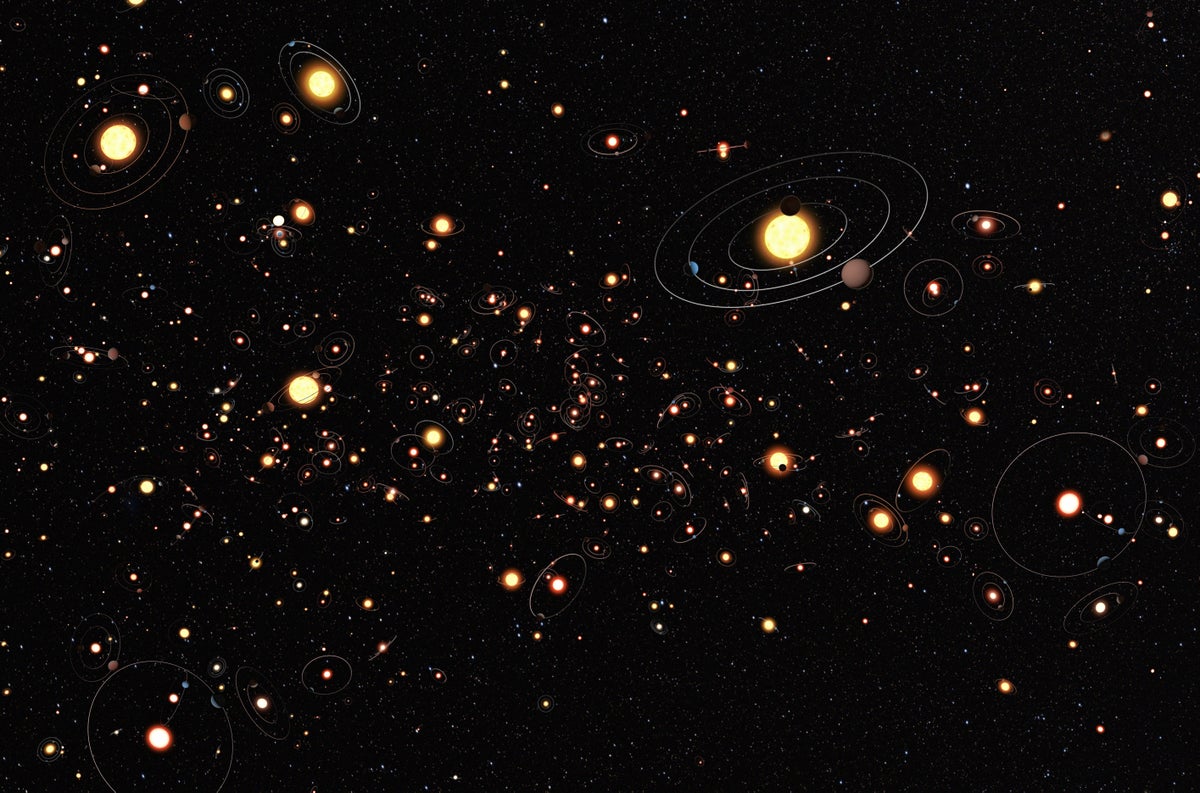University of Michigan Paper
THE ODDLY QUIET UNIVERSE: HOW THE CMB CHALLENGES
COSMOLOGY’S STANDARD MODEL
arxiv.org
1201.2459.pdf
942.45 KB
I have to say I’m often impressed by Buffalo’s skill in discovering scientific papers which support, however tentatively, his argument. However, I think that this paper quoted above, and Buffalo’s dumping of it on the table in front of us as if the very action of putting it there was enough to prove something, and the film “The Principle”, illustrate only too well both the strength of Science, and the weakness of the Creationist argument, based on nothing more than the Old Testament.
Science is not just a collection of observations. It is a coherent and comprehensive explanation for those observations. And to that I will add that Science is also self-correcting.
Its coherence and comprehensiveness means that any discovery must either be patched neatly into all the rest of science before it can become accepted, or that every scientific discovery previously accepted must be rejected or modified to accommodate the new idea. Such a paradigm change has happened very rarely in human history, and, as the body of science grows, is likely to happen more and more rarely in the future. The discovery of the heliocentric universe was one such. The discovery of evolution another, and I would venture to suggest the overthrow of the phlogiston theory a third. (Neat, eh? One from Physics, one from Biology and one from Chemistry - no doubt someone will suggest more which will spoil the symmetry!)
The remarkable discovery, based on apparently sound observations, of the orientation of the Cosmic Background Radiation with the plane of the Solar System, gave everybody pause. Lawrence Krauss, after the much quoted statement above, went on to say:
The new results are either telling us that all of science is wrong and we’re the center of the universe, or maybe the data is imply incorrect, or maybe it’s telling us there’s something weird about the microwave background results and that maybe, maybe there’s something wrong with our theories on the larger scales. And of course as a theorist I’m certainly hoping it’s the latter, because I want theory to be wrong, not right, because if it’s wrong there’s still work left for the rest of us.
There is much to comment on in that quote, but the most important thing is that, when faced with anomalies, Science looks for explanations. Maybe Science is wrong. Maybe the observations were wrong. Maybe the conclusions drawn from the observations were wrong. The paper above, by Starkman et al. came out in 2012, and stimulated further research, although the data behind it had already been re-examined in some detail. It had already been found seriously wanting even by the time The Principle came out in 2014, and is now comprehensively discredited. See, in particular, the work of Hao Liu and colleagues, who have found independent evidence that the WMAP data is faulty.



